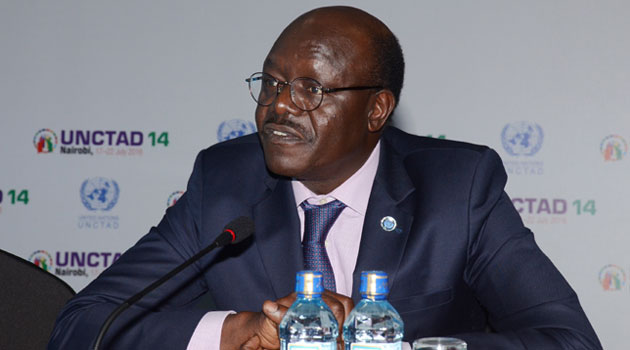Rwandan traders and service providers are optimistic after parliament ratified the Tripartite Free Trade Area (TFTA) agreement, which brings together Comesa, SADC and the EAC. Rwanda became the 5th country to ratify the treaty, out of the 26 countries that signed the agreement in June 2015 in Egypt. The others are Uganda, South Africa, Egypt and Kenya. However, some parliamentarians questioned whether the deal was not a duplication with the coming into force of the African Continental Free Trade Area (AfCFTA). But, the business community, especially those who trade in various African countries, welcomed the ratification. The TFTA is a $1.2 trillion free trade area, incorporating 27 African nations, with a population of more than 632 million people. Its aim is to eliminate trade barriers and ease the movement of people between member countries. Minister of Trade and Industry Soraya Hakuziyaremye, who presented the Bill to parliament, said the agreement is important to the country’s export market since it introduces it to a much wider market that includes SADC, of which Rwanda is not a member. The agreement will enable all goods to enjoy a 100 per cent tax exemption on all products moved within the blocs and has a transition phase of five years, giving a wide market reach advantage to the country by promoting its “Made in Rwanda” products. Ms Hakuziyaremye said the TFTA and AfCFTA complement each other and signing the TFTA would help the country benefit faster. Source: The East African
Rwanda ratifies TFTA treaty
Posted on: July 16, 2019
Posted on: July 16, 2019
















